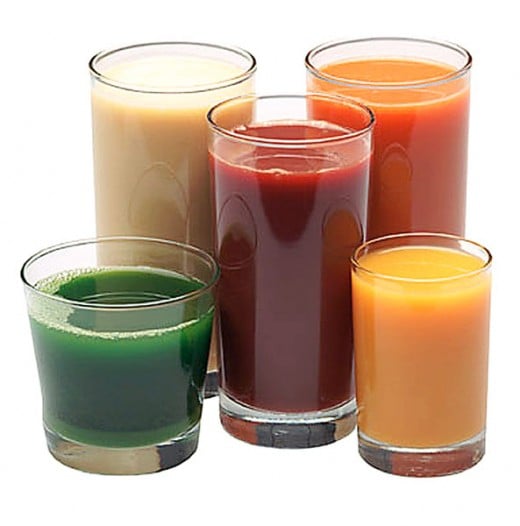Public Criticism of Food Additives is unjustified
Food Additives Occur Naturally in Foods Themselves
The use of food additives is a target for public criticism discrediting the foods that may contain the food additives. The truth is that these additives are for technological purposes and in any case, these food additives occur naturally in foods themselves. Look at benzoic acid in blueberries and cranberries or sorbate in pomaceous fruits. Many of these additives have been used for decades as food preservatives like in curing meat products or sulfurizing wines.
Food Additive Has Acceptable Daily Intake Value
Food additives are used based on the "no adverse effect level" as set out by World Health Organization and Joint Expert Committee for Food Additives. Each food additive has acceptable daily intake value which is the amount which can be absorbed daily throughout a person's life without adverse health effects. Food preservatives are used in the range of 0.3% to 0.4% of the acceptable daily intake. As a result there is hardly any report of fatalities or severe illness as a result of additives consumed with food. If you compare these figures with table salt which is not an additive, salt is used 2 to 3 times above the maximum safety factor and the public is not criticizing it. Why? There has not been any campaign to discredit common table salt. If there is one thing you should do now is to lower the amount of table salt that you are currently using and stop discrediting food additives because they are safe for use.
Juices with Food additives

Hardly Any Report of Severe Illness as a Result of Additives
Food preservatives are used in the range of 0.3% to 0.4% of the acceptable daily intake. As a result there is hardly any report of fatalities or severe illness as a result of additives consumed with food. If you compare these figures with table salt which is not an additive, salt is used 2 to 3 times above the maximum safety factor and the public is not criticizing it. Why? There has not been any campaign to discredit common table salt. If there is one thing you should do now is to lower the amount of table salt that you are currently using and stop discrediting food additives because they are safe for use.
Nutritional Risk Factor
The risk factor in nutrition from food additives is low. The greatest nutritional risk factor is either conscious or unconscious bad nutritional habits, including alcohol and smoking. Over-consumption, too much fat and too much sugar result in obesity and facilitate the development of ailments of our modern day society such as hypertension, arteriosclerosis, diabetes, bile complaints, cancer or gout.
Open Declaration of All Ingredients
With the open declaration of all ingredients on food packages and price tags, consumers can decide which food products to purchase. It should therefore not be right for health conscious nutrition to be subject to restrictions and unjustified public criticism because of the use of safe food additives.
The hubber's website is designed to help beginners and average readers make money online to supplement the few dollars they may be earning from their Google Adsense - details of which you can find in my profile here, if you will.








